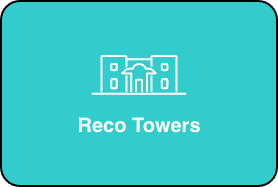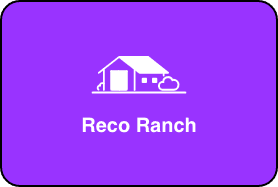12-Step: An Integral Part of Sober Living

A sober living home is a group residence for people who have completed an inpatient or outpatient substance abuse treatment program. Sober living provides a safe, supportive, sober environment where those in recovery can transition between a treatment program and life outside of treatment.
For many people in recovery this transitional time is critical, especially for those who previously came from a destructive or unhealthy living environment (e.g. living with roommates, friends, or family members who abused drugs or alcohol).
Sober living residents are typically encouraged (or required) to attend 12-step meetings, work with a sponsor, and attend community house meetings and other group activities. Most sober living houses have a nighttime curfew and require residents to strictly abide by a set of house rules.
Residents work together to maintain the house, participating in household chores and taking on other responsibilities as needed. Sober living residents are often free to work or go to school and participate in outside leisure activities, as long as they remain sober and actively participate in the sober living community.
12-Step as Part of Sober Living
Originally developed by Alcoholics Anonymous (AA), the 12-step program is designed to help people recover from alcohol and/or drug addiction and other dysfunctional behaviors. The program centers around group meetings, where participants can share and discuss their thoughts, feelings, and stories, and work to understand the root causes of their addiction.


Among the central tenets of the 12 steps are personal accountability, abstinence, honesty, awareness, and a spiritual connection to a higher power. The steps include taking a personal moral inventory, making amends, finding hope, and praying/meditating, among others, and are meant to be worked sequentially.
Participants of a 12-step program often gain not only insight into their addiction, but also an important support network. 12-step is historically one of the most effective programs in helping people achieve long-term sobriety, but success is wholly dependent on a person’s commitment to their own recovery.
The effectiveness of the 12-step method is recognized by addiction treatment centers and medical professionals alike. Studies show that greater involvement in 12-step meetings predicted better alcohol and drug outcomes over time; studies have also shown that people who live in sober living communities have better outcomes1—in other words—better success staying sober.
There are dozens of AA meetings in Delray Beach taking place every day of the week. RECO Institute strongly encourages residents to attend a meeting (AA, NA, or CA) every day during their first 90 days of recovery.
Sober Living in Delray Beach
RECO Institute’s Recovery Residences provide the structure, support, and stability individuals need in their journey toward recovery from drug/alcohol addiction. Offered in conjunction with our outpatient program, RECO Intensive, our programs are thoughtfully designed to promote healing and delivered by our experienced, empathic team. Learn more about RECO Residences, and contact us to speak with an admissions specialist today.
A brighter path forward begins at RECO Institute.















